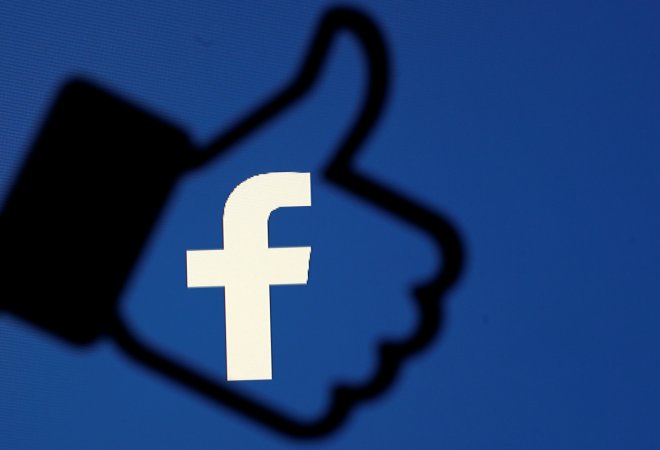
Although Facebook is doing its job to tackle the presence of fake news and polarised ads on its platform, the world needs a collective take on bad actors -- be it state or non-state -- to ensure the flow of high-quality information on social media, a top company executive said here on Thursday.
Speaking at the HT Leadership Summit, Alex Hardiman, Head of News Product at Facebook, said that there are several aggressive bad actors with sophisticated ways who are spreading misinformation and both traditional media outlets and social media platforms must come together to devise increasingly smart methods to deal with them.
"At Facebook, we are spending tremendous amount of time and energy to identify fake news. We are now sharing information with other big tech companies to find out the root cause. Facebook is going to increase head counts and investments to counter fake news in 2018," Hardiman told the gathering.
"All stakeholders --- governments, third-party players, traditional media houses and social media giants -- need to come under one umbrella to eliminate bad actors," emphasised Hardiman who has worked as Vice President of News Product at The New York Times.
Facebook along with tech giants like Twitter and Google is facing intense scrutiny in the US after the company disclosed details about the presence of Russian political ads, tweets and posts on their platforms during the presidential election in 2016.
The Kremlin-linked Russian organisations purchased more than $100,000 of ads on social media platforms during the US election. Facebook told US Congress this month that 126 million of its users in the US might have seen ads produced and circulated by Russian operatives.
Not just the US, Facebook and Twitter have also agreed to share details with British authorities on Russia's interference in the Brexit referendum by using their platforms.
"Facebook is fully cooperating with the governments. I can't comment on the specifics but we are regulated -- be it in the EU or the US. We will abide by the laws of the land. Back at the company, we are recalibrating efforts and will make sure that inclusive news goes out," she noted.
According to her, Facebook is identifying and blocking misinformation in myriad ways.
"Our Machine Learning (ML) tools are constantly eliminating fake accounts. Human reviewers are helping us spot nuanced information in sensenalised posts and ads. We are also doing third-party fact-checking to understand what is real and what is not," Hardiman said.
Using Artificial Intelligence (AI) and ML techniques, Facebook is removing Islamic State (IS) and Al Qaeda-related terror content from its platform before anyone flags it, the social media giant said this week.
In its bid to help readers identify trustworthy news sources, Facebook along with Google, Twitter and several media organisations have joined the non-partisan "The Trust Project".
"The Trust Project" is led by award-winning journalist Sally Lehrman of Santa Clara University's Markkula Centre for Applied Ethics.
As part of the project, an icon will appear next to articles in Facebook News Feed. When you click on the icon, you can read information on the organisations' ethics and other standards, the journalists' backgrounds, and how they do their work.
"We are now deeply involved with media houses to identify false news as bringing both sides together will ensure high-quality news," the Facebook executive said.
Hardiman is positive on the India market for Facebook.
"The Indian publishers have so much data and can make good decisions about content strategy and revenue models. Facebook is bullish on India when it comes to local context, regional languages -- to create strong threads and connect the next billion," she told the audience, adding that Facebook product like "Instant Article" is being fast adopted in the country.
Talking about India-first innovation, Hardiman said: "More than four million donors in India have signed up for Facebook's blood donation feature which the company launched from the country".
In October, Facebook launched a new blood donations feature, starting in India, to make it easier for people to donate blood.








